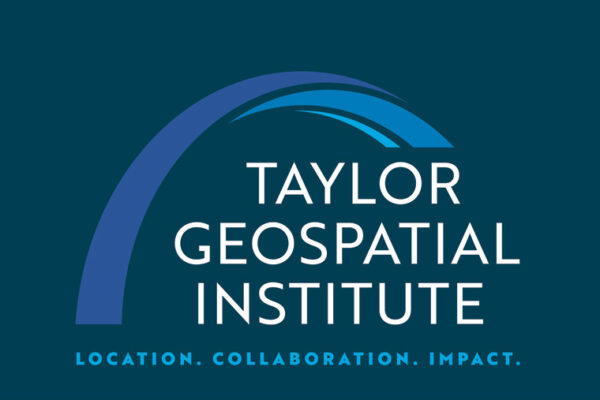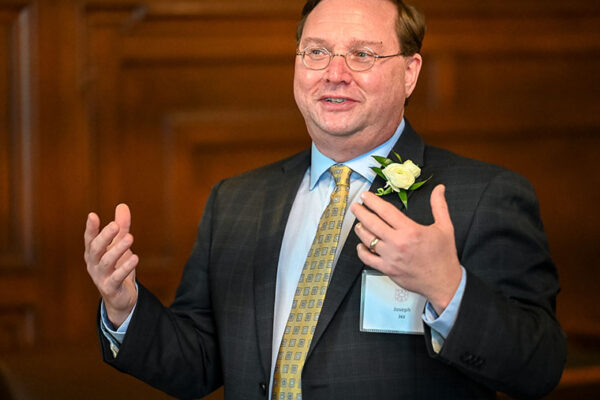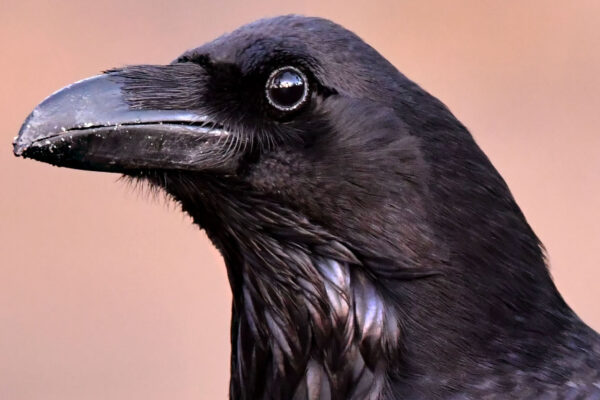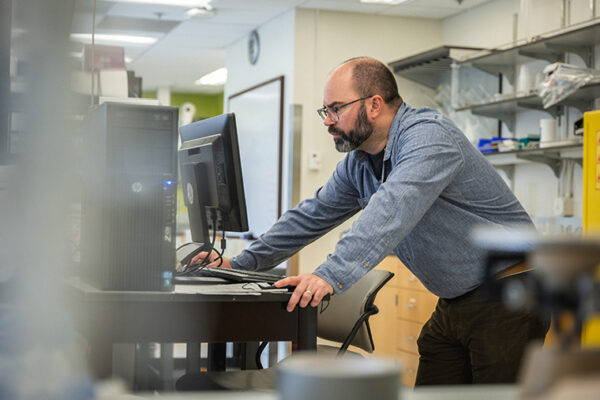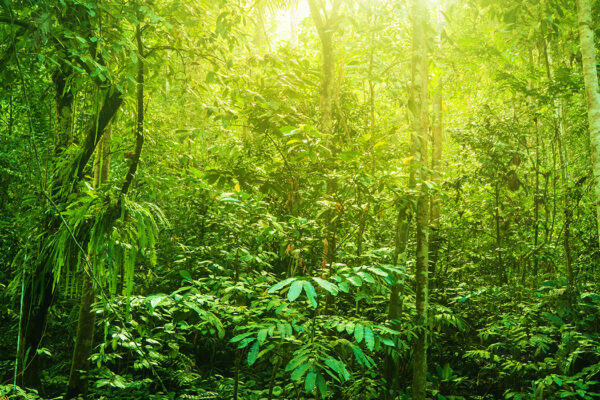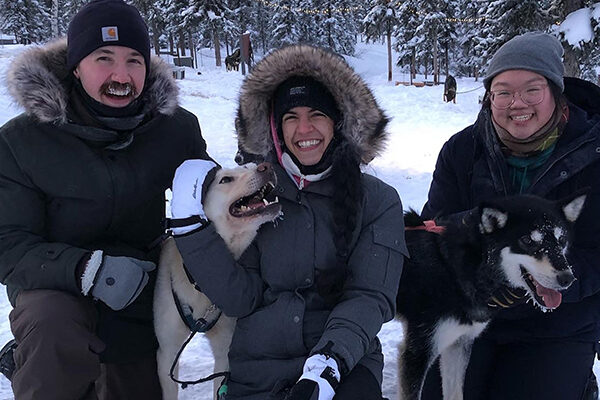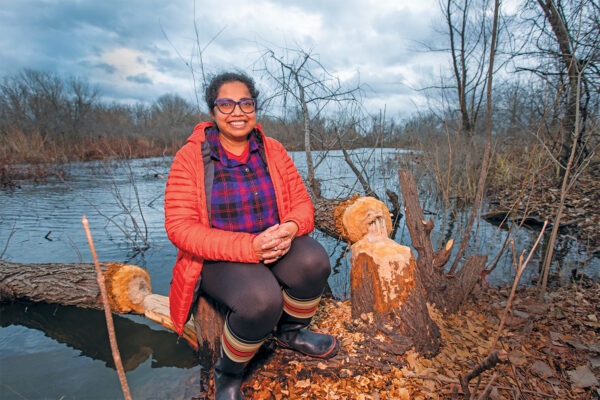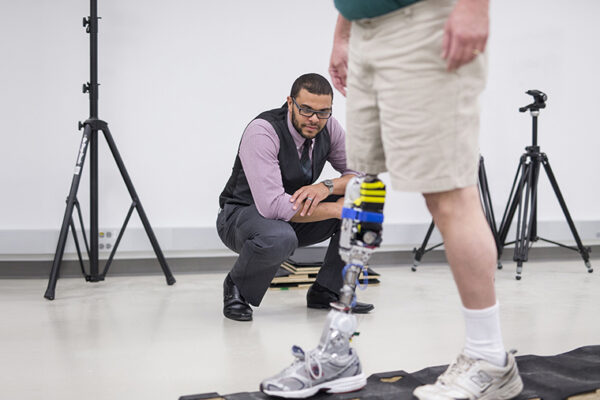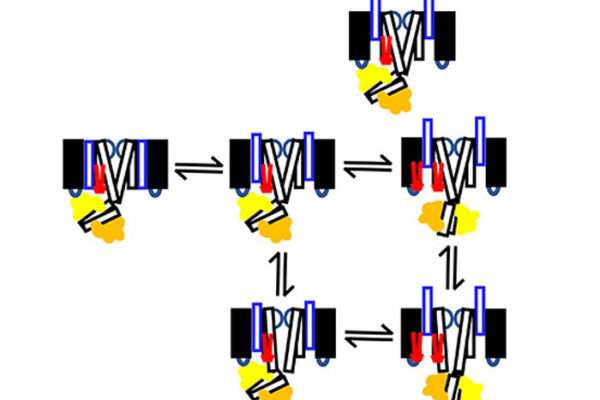Washington University joins effort to launch Taylor Geospatial Institute
Washington University in St. Louis is among eight research institutions that came together to help launch the Taylor Geospatial Institute, a hub for big data analytics and computing.
Jez installed as Spencer T. Olin Professor of Biology
Joseph Jez was installed as the Spencer T. Olin Professor of Biology in Arts & Sciences during a ceremony April 4 in Holmes Lounge. He gave an installation lecture, “Exploring Nature’s Machinery.”
Canid conservation program launched
Washington University in St. Louis and the Living Earth Collaborative are part of a new Missouri-based conservation initiative led by the Saint Louis Zoo. Working with the Endangered Wolf Center, scientists are looking to answer ecological and health-related questions about canids — red foxes, gray foxes and coyotes — as well as bobcats, which live in close association with canids.
Brains and brawn helped crows and ravens take over the world
Crows and ravens have great flying ability, which allows them to gain access to new places more easily. While their flying skills were key to their success, new research from biologists in Arts & Sciences also shows that big bodies and big brains played an important role in helping crows and ravens survive in the new climates they occupied.
From rare soil microbe, a new antibiotic candidate
Demand for new kinds of antibiotics is surging, as drug-resistant and emerging infections are becoming an increasingly serious global health threat. Biologist Joshua Blodgett in Arts & Sciences discovered a new candidate for drug development from bioactive compounds in a soil bacterium. The findings are reported in the Proceedings of the National Academy of Sciences.
Changes in vegetation shaped global temperatures over last 10,000 years
Alexander Thompson, a postdoctoral research associate in earth and planetary sciences in Arts & Sciences, updated simulations from an important climate model to more accurately reflect the role of a greener Sahara and the coniferous and deciduous forests of the mid-latitudes and the Arctic.
Field Notes: Researching air pollution in Fairbanks, Alaska
The latest edition of Field Notes travels to Fairbanks, Alaska, where Karolina Cysneiros de Carvalho, a PhD student at the McKelvey School of Engineering, studied how cold and dark conditions impact air pollution.
Into the wild
Biologist Arpita Bose explains the importance of wetlands and the microorganisms living there to capture carbon — and to possibly provide solutions for a clean energy future
Protecting everyday superheroes
Alumnus Karl Zelik is taking on common back pain with wearable technology that helps reduce back strain and injury risk.
Cui to seek better drugs for irregular heartbeat
Biomedical engineer Jianmin Cui at the McKelvey School of Engineering is going deep into the basic mechanisms that lead to arrhythmia to ultimately find potential new drug candidates with an NIH grant.
Older Stories
